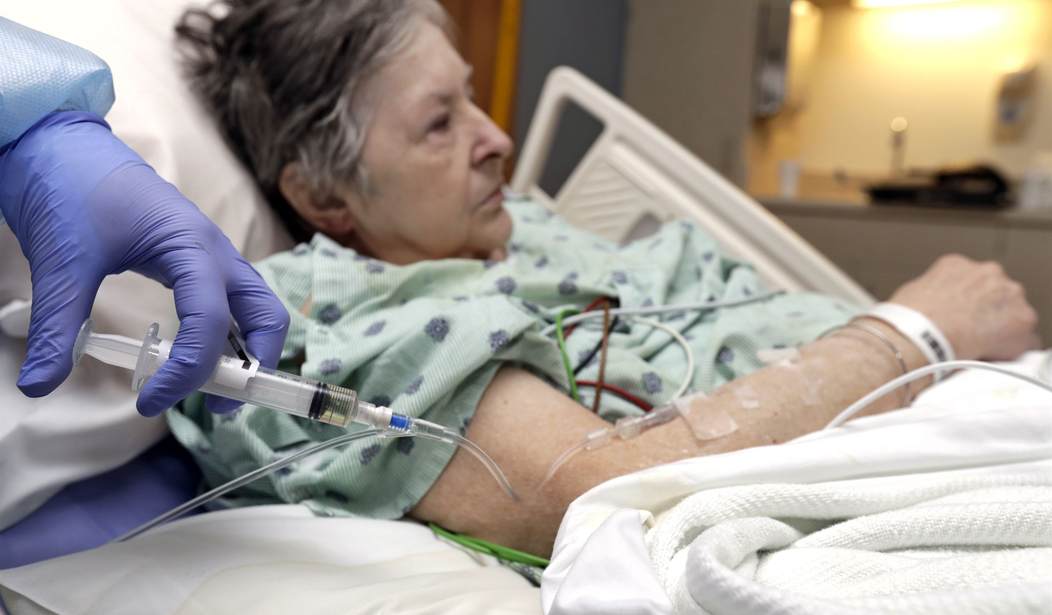Critical staff shortages at hospitals and nursing homes are forcing tough choices on administrators who, in many cases, are telling staff who test positive for COVID-19 to keep coming to work.
Even though a substantial number of COVID-positive hospital cases are not critically ill (as many as one in four entered the hospital for another reason and subsequently tested positive), the workload on doctors and nurses has increased because more people are falling ill. Hospitals cannot afford any absences.
“We don’t have good choices — or the choices that we want,” said Shereef Elnahal, the CEO of University Hospital in Newark, N.J. and the state’s former health commissioner. “Our staffing situation has been the worst it’s been since the spring of 2020.” Three hundred of his 3,700 workers are out, many infected with Covid-19.
While most health workers are vaccinated, many are still falling sick, exacerbating a staff shortage as more Americans seek hospital care. The reliance on employees who may still be infectious comes despite objections from nurses‘ unions and the American Medical Association, which warned the decision puts patients’ health and safety at risk. And there are no requirements that patients be notified if their caregiver is sick.
Naturally, some healthcare workers are worried that they are spreading the virus to people already sick with a condition that requires hospitalization. But some health experts point to the use of the N-95 mask as substantially reducing the risk of spreading the coronavirus.
Related: Doctors Finally Get Real About Covid Hospitalizations Amid Omicron Spike
Nevertheless, patients who are immunocompromised — cancer patients on chemotherapy, seniors whose immune systems don’t function well, and others — are at severe risk of contracting COVID and getting seriously ill or dying.
There are concerns for some of the most vulnerable patients, however, particularly those that don’t respond well to vaccines, like the immunocompromised and many cancer patients. Exposing vulnerable patients or older residents in long-term care facilities is dangerous because vaccines don’t necessarily protect those with compromised immune systems.
“We don’t think anyone who is knowingly Covid positive should be interacting with a cancer patient,” the American Cancer Society’s CEO, Karen Knudsen, told POLITICO.
The CDC recommends, though doesn’t require, health providers to tell patients if an infected worker spends more than 15 minutes with them at a distance of less than six feet. Many health experts say transmission can occur in less time and distance.
This is especially true of the omicron variant, which is currently the second-most contagious virus on earth. The ease with which omicron penetrates the body’s natural and even enhanced defenses is formidable and weakens the impact of any mitigation efforts.
We can understand and sympathize with administrators caught in this position, but a hospital also must treat emergency cases and carry on with certain other services like critical lab work. Even in the midst of an increase in asymptomatic cases, hospitals have to stay open, and the Hobson’s choice of maintaining services or shutting down doesn’t have to be made.










